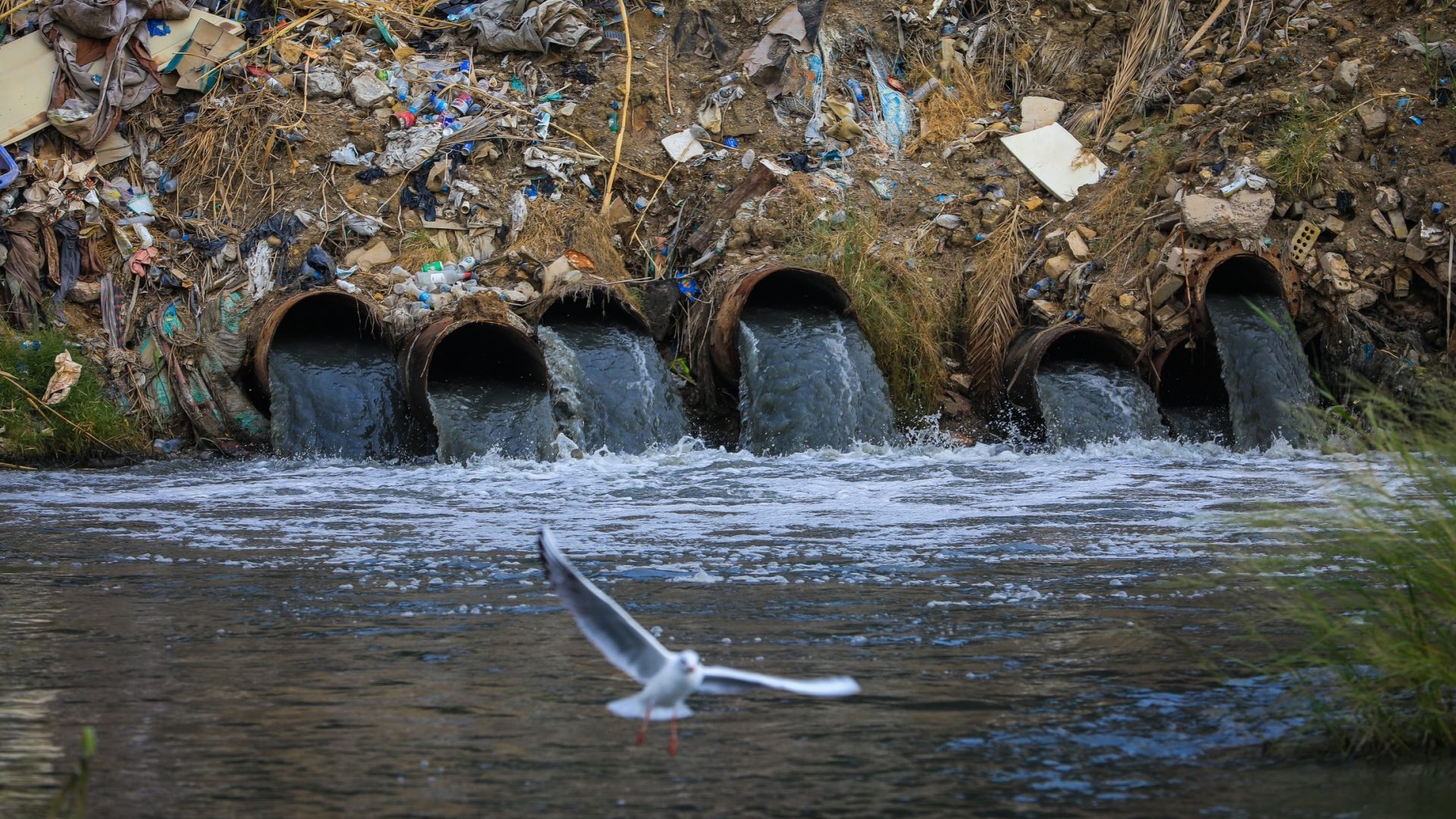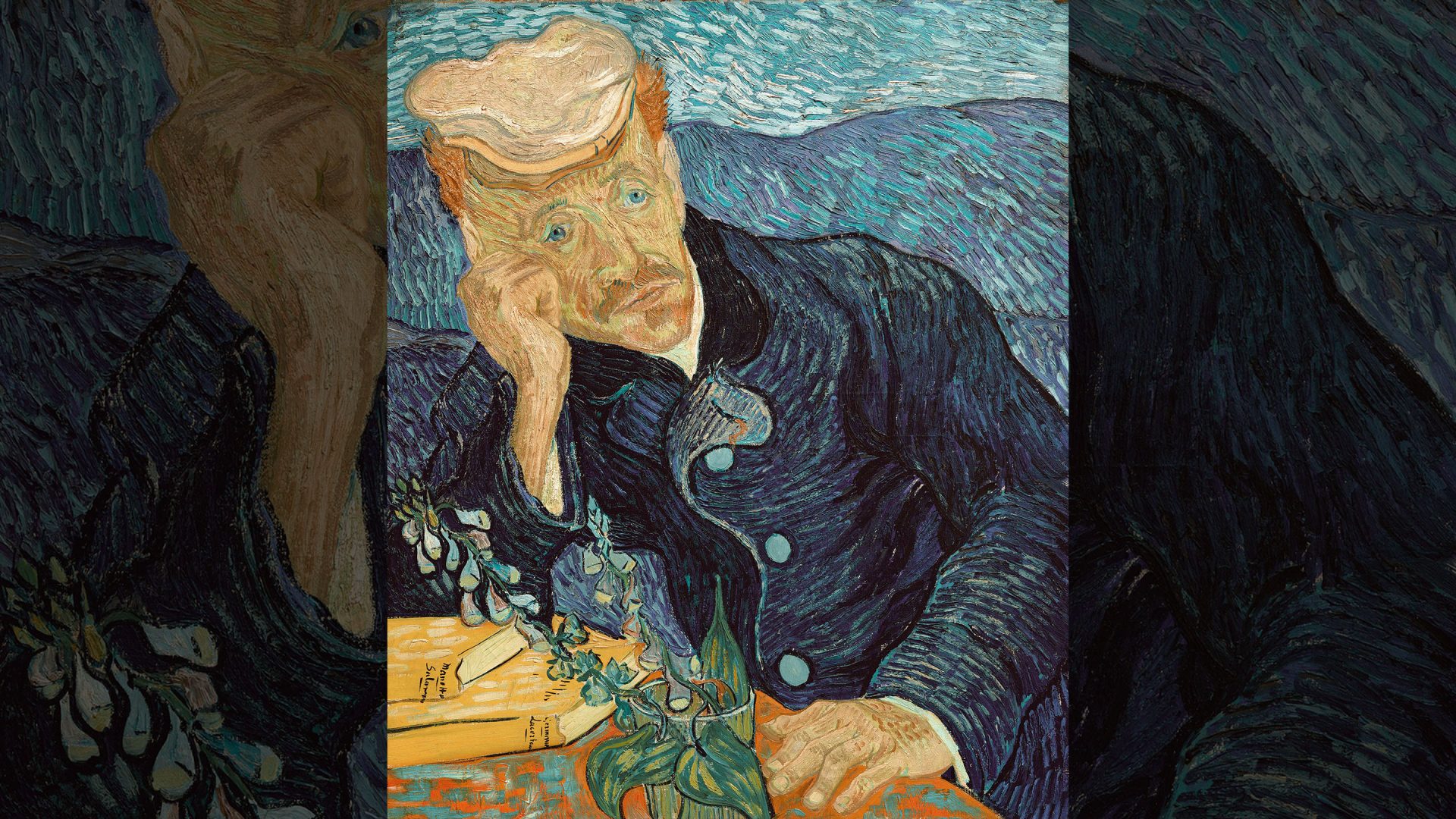“In this country you do not love your old people.” The tall medical student towered above me, his careful words tinged with his slight eastern European accent. It was a statement, not a judgement. “In my country,” he continued sadly, “old people are loved by their families.”
I thought back to the nursing home we had just left, full of Beryls and Gladyses, Dereks and Arthurs – ambiguous, fleeting residents who passed briefly through or sometimes lingered slightly before moving on; to be replaced by a Max, or a Betty.
The smiling staff who bustled purposefully among the largely somnolent crowd had tried to add homely touches – photos and flowers. The hairdresser and music therapist provided weekly highlights. However, the accoutrements of age could not be disguised. The locked stair gates and grab rails, easy-access ramps, and chairs that tipped their frail occupants forward directly on to their walking frames, all shape the institutional identity.
Occasionally I would bump into a family member as I did the weekly ward round, but more often than not it was just the staff, the residents, and me… marking time, waiting.
Pervading everything was the nursing-home smell: a mix of cleaning fluid and air freshener, skin protection cream and boiled vegetables that didn’t quite succeed in drowning out other, more bodily undertones. Yes, I thought, he’s right. We do not love our old people.
Then I remembered Mary. One of our nurses had visited to give her husband, Tom, a shingles vaccine.
“I’m so worried about them,” Lucy, the nurse, had told me. “It’s just awful. Tom is completely bedbound now and the carers are emptying his catheter bags into the sink. It stinks. They’re only coming three times a day and Mary can’t hoist him on her own, so he’s just lying in his own mess for lots of the day. She’s exhausted and distraught. They’re not eating. Their daughter has been helping a little, but she has her own health issues and Mary just doesn’t know what to do.”
When I called Mary, she started crying. “I’m not the sort of person who would ever bother the doctors,” she said between sobs. “But I’m so glad you’ve called. I just don’t know what to do. You know Tom was in hospital recently? Well, they were all set for him to go into a home from there. But…” her voice quavered, “but the day before he was discharged, he changed his mind and said he wanted to come home.”
She broke down into sobs. “I feel so, so guilty,” she said. “I love him so much. We’ve been together 50 years. I couldn’t say no to him so we had to try it at home. But I just can’t look after him any more. There are days when I just want to end it all; days when I just want to leave or give up. Social services say we’re on the urgent list, but there’s hundreds of others like us waiting and it could be months. It can’t get worse than this, can it?”
“No,” I said, knowing full well it could get worse, and also that there was very little I could do to help. “No, I’m sure this is as bad as it gets.”
I told the student about Tom and Mary. There was a long pause. “I suppose what you mean,” he said thoughtfully, “is that just because you can’t care doesn’t mean you don’t care.”
“I suppose all I mean,” I replied, “is, what would you do if you were Mary?”
The anonymous writer is a GP working in Britain



